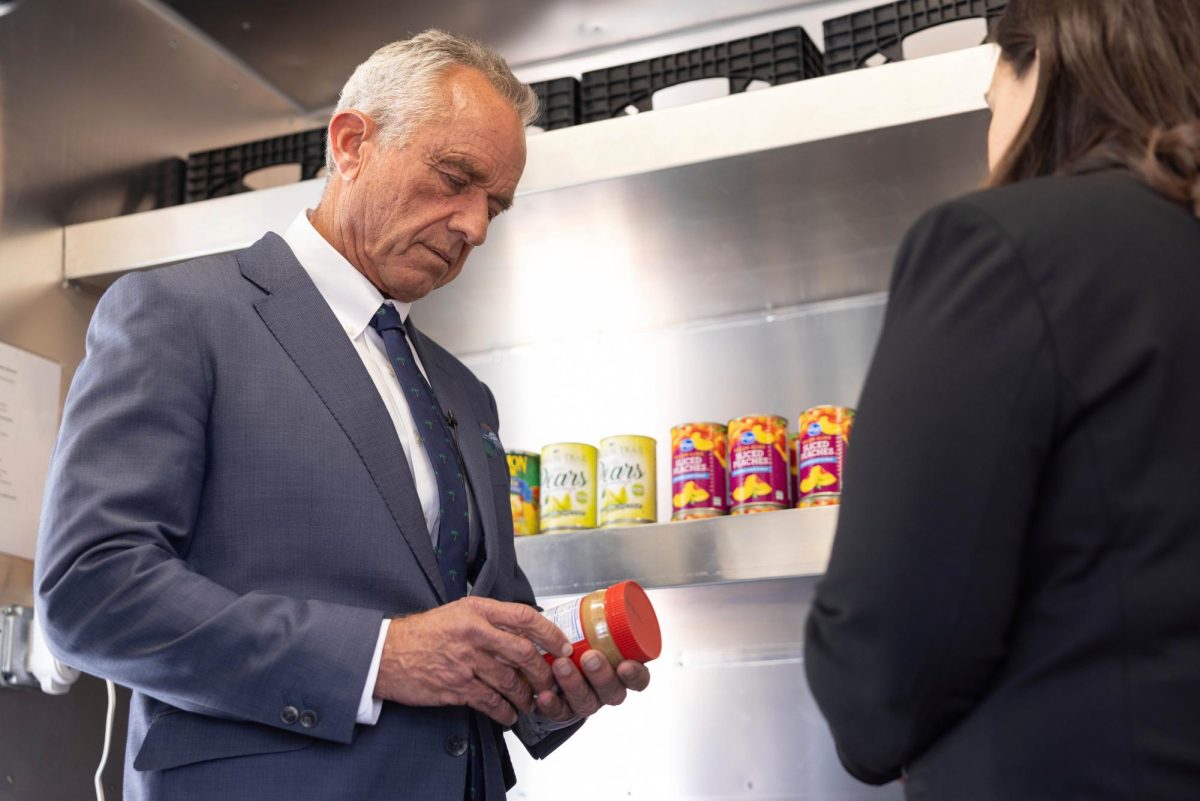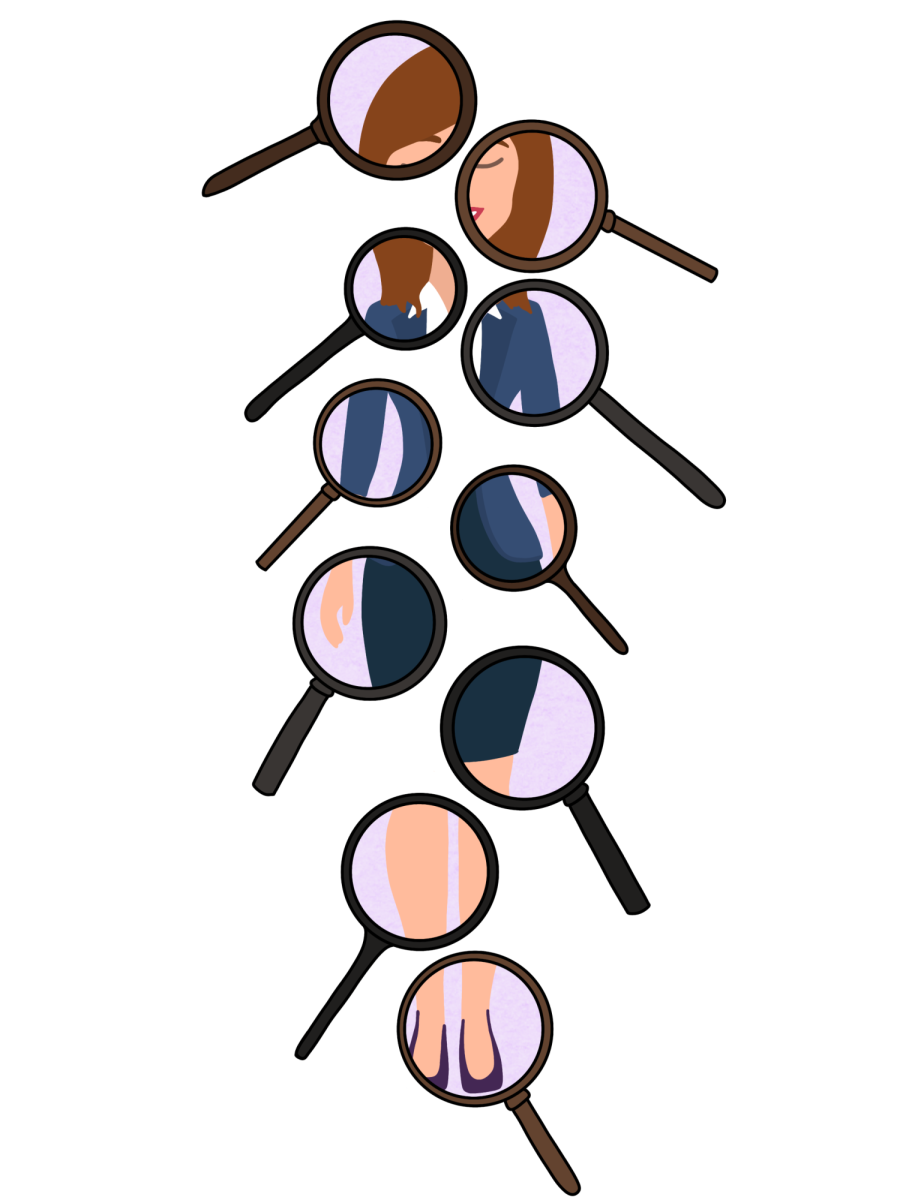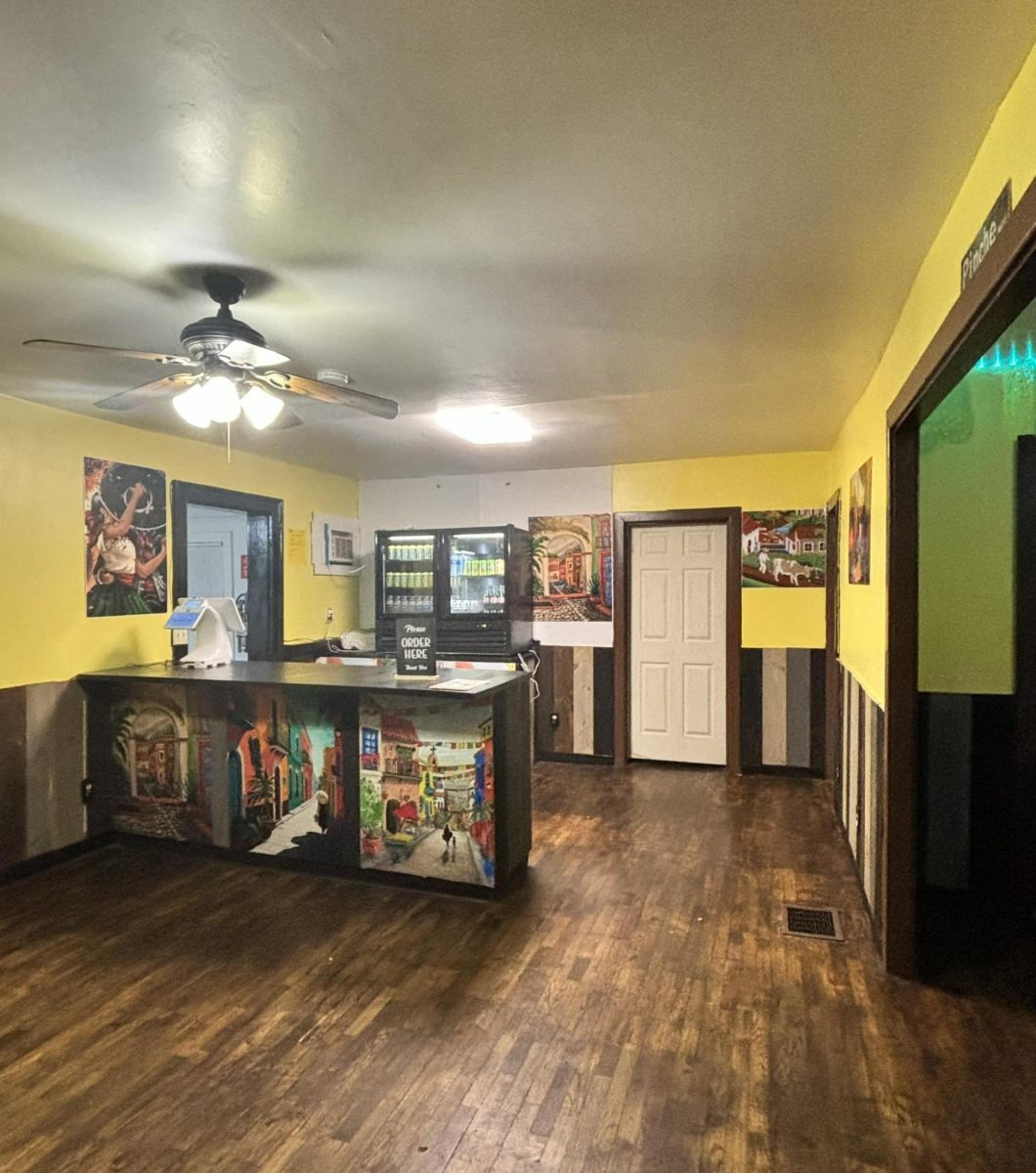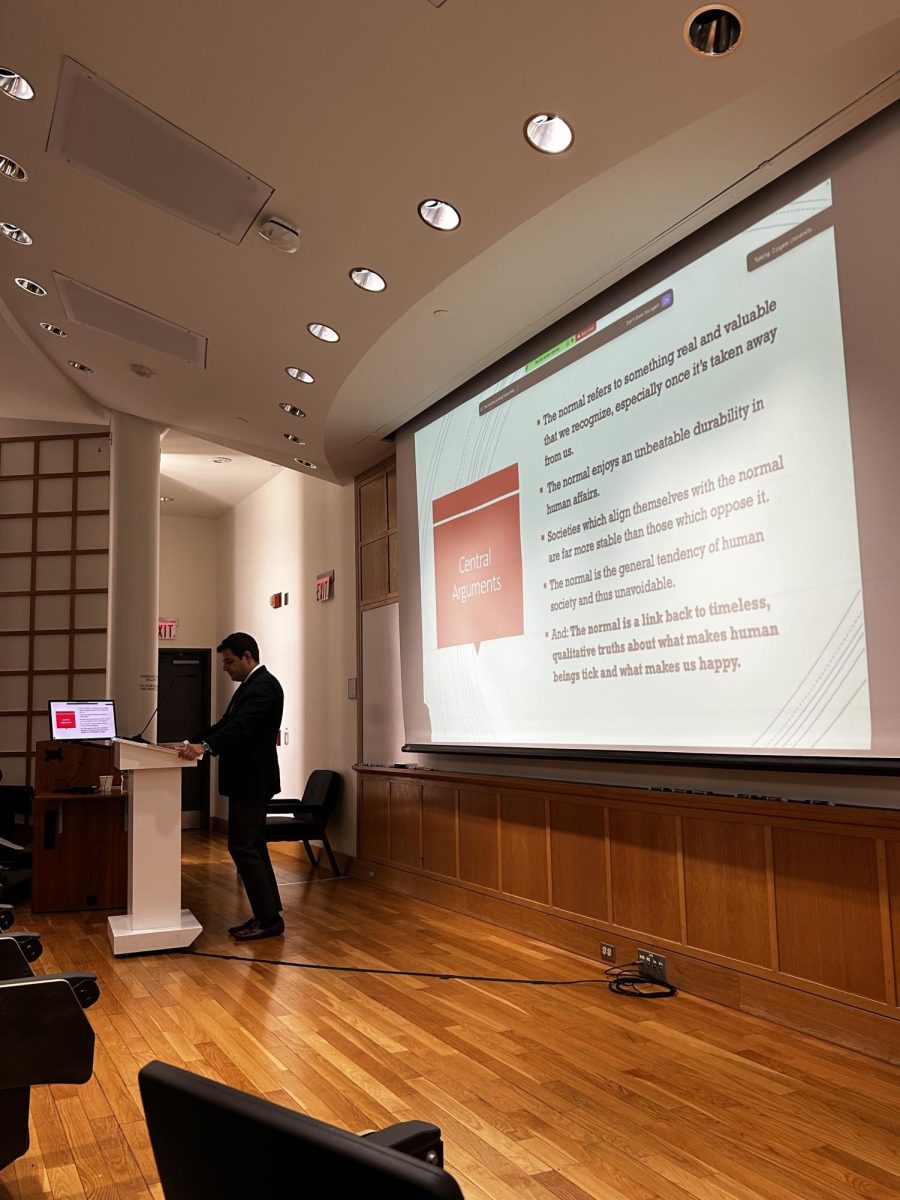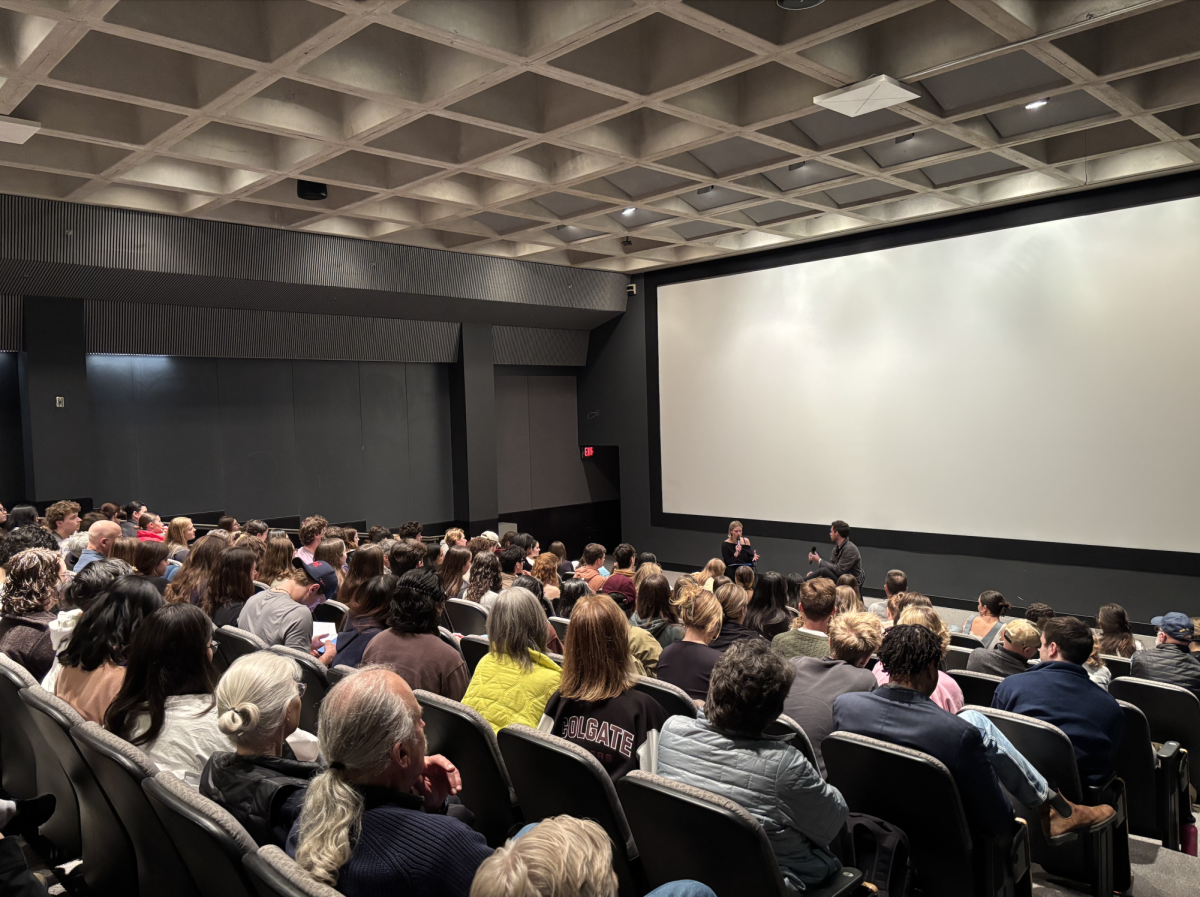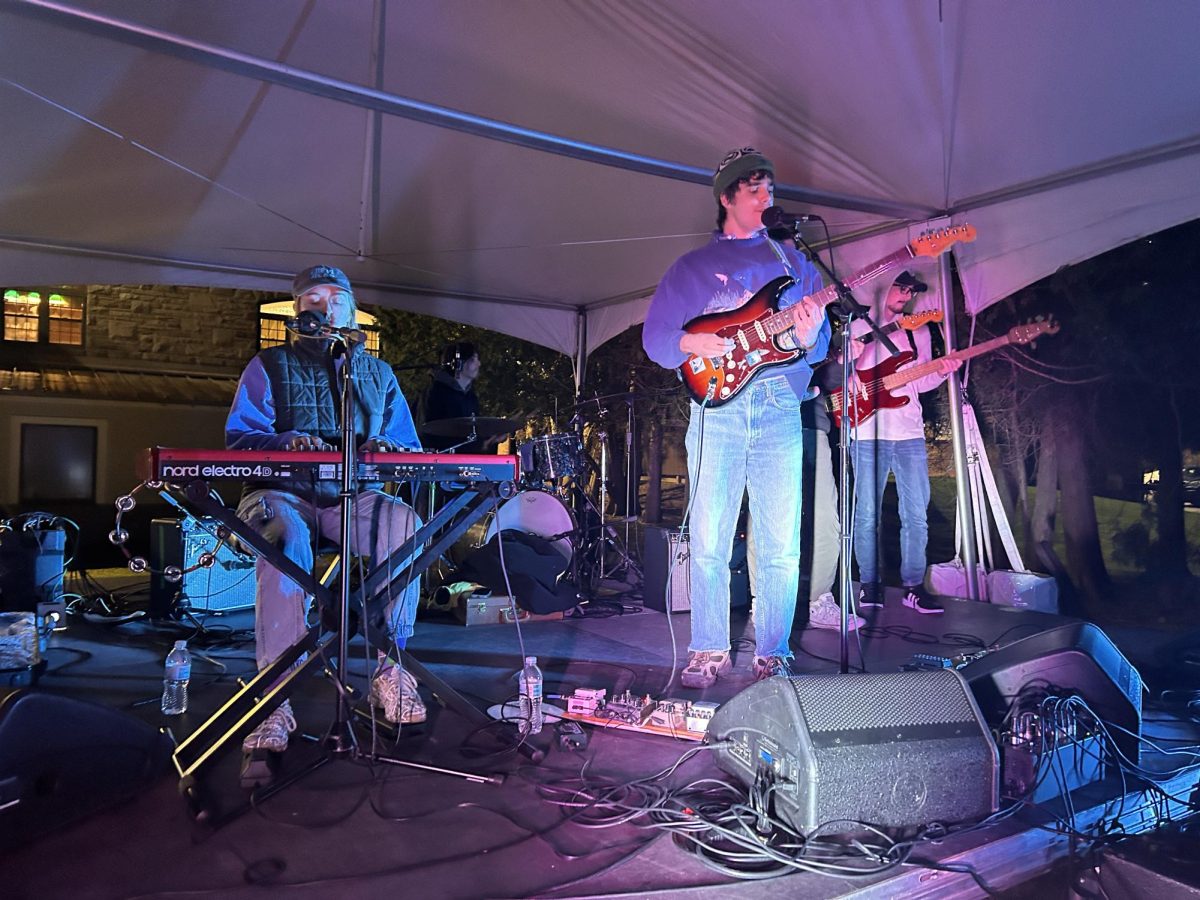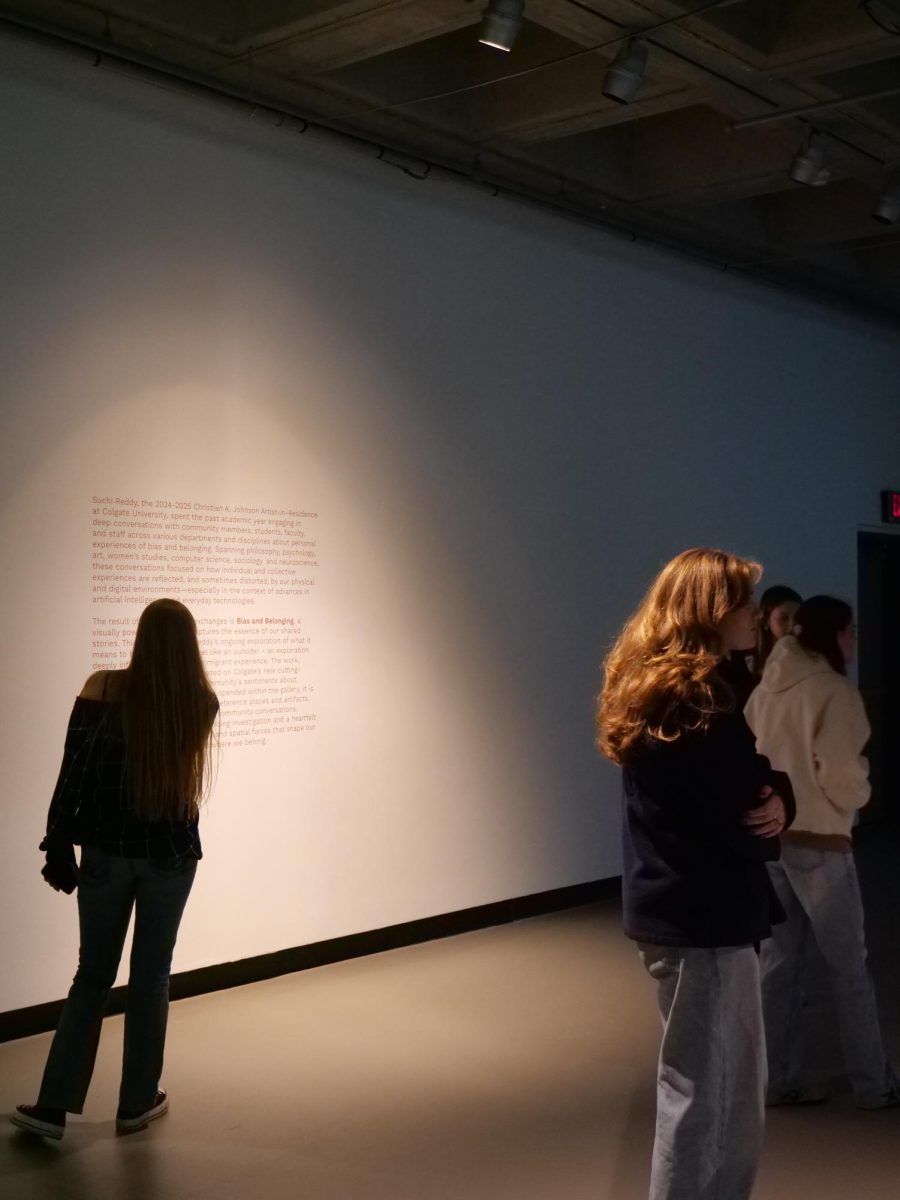Like many other Colgate students, I headed to warmer waters in the Caribbean this spring break. I stayed with my friend, senior Jorge Rochet, in his home in San Juan, Puerto Rico. During my stay, I noticed something interesting. As we drove to the south of the island, I spotted what seemed like a city full of skyscrapers in the distance. As we sped closer, I realized it was actually a factory that sprawled along the coast, its numerous smoke stacks rising into the air. Then I saw that the whole complex was covered in vegetation, with vines crawling up the concrete stacks and trees growing out of factory windows. The entire place was abandoned.
When we got back to the house, I asked Jorge’s mother about what I had seen. She told me that much of Puerto Rico’s south coast had historically hosted a large manufacturing industry, producing pharmaceuticals and sugar. Today, the island still harbors those industries and relies less on tourism compared to its Caribbean neighbors.
As I researched the wider region, I found that the Caribbean is the world’s most tourism–dependent region, with Puerto Rico being a rare exception. My research about tourism brought me to the true purpose of this story: the Dominican resort Casa de Campo, which I’ve observed is popular among Colgate students.
Before I continue, I want to be clear. I do not mean to virtue signal here. Had I been looking for a resort to spend a few days with a couple dozen of my peers, I would have looked no further than its website’s glossy home page. Sure, a “Golf Resort” does not exactly scream environmental responsibility, especially considering the resort and it’s three courses cover around 7,000 acres in one of the most bio-diverse regions of the world. However, this is trivial compared to Casa de Campo’s darker secrets.
Check it out for yourself. If you manage to find the well hidden “Social Responsibility” section of their website, you will find a scant two paragraphs describing their self-acclaimed leadership in corporate responsibility and three charities they support, all of which seems better suited to checking a few boxes on tax forms than actual community impact. This is also where you will see that Casa de Campo is owned by a parent company, the obscurely named “Central Romana Corporation,” or CRC. Go to their website, and you will find that CRC holds an enormous number and variety of assets, including a yacht marina and private airport. These are intuitive enough, as they all fall under the realm of tourism. Yet the same company that runs Colgate’s favorite paradisiacal resort is also the largest producer of both sugarcane and beef in the Dominican Republic, a self-described “agro-industrial” corporation. It is the largest sugar producer in a country which itself is a top sugar exporter to the United States.
Who owns all of this? With a 35% stake, the Fanjul Brothers, a Florida-based family who emigrated from Cuba following Fidel Castro’s socialist revolution in 1953, exert intense control over CRC. Among the Fanjul-owned American Sugar Refining (ACR) company holdings is Domino Sugar, the instantly recognizable sugar brand. The Fanjul’s other activities include an array of colorful and confusing ventures. They have started multiple charter schools in Florida, for example. They are also, more concerningly, massive donors in American politics. Not for any principled reason either, it seems, as in 2016 they held two fundraisers in Miami: one for then-presidential candidate Hillary Clinton, and another for current President Donald Trump. As has been exposed through investigations into the sugar industry, and the Fanjul family in particular, their businesses rely on heavy subsidies from the federal government and preferential trade agreements. They also lobbied intensely to downplay the adverse health effects of sugar overconsumption. The results of the elections the Fanjuls support, then, does not matter much as long as they have both sides in their good graces.
Casa de Campo’s connections to the shady underground of multinational corporations and domination of the Dominican Republic’s natural landscape might feel distant enough. You might say that, in our modern world, evil has its hands in everything and efforts to keep our own hands clean are pointless. However, I found that there is something even more abhorrent happening right in the shadows of Casa de Campo’s private beaches and fancy villas: modern day slavery.
On the same property that hosts the resort, CRC operates sugarcane plantations that exploit unpaid laborers. Despite the Fanjul family’s political efforts, CRC sugar imports were banned from the US in 2022 under the Biden administration due to an investigation into forced labor practices on its Dominican plantations. The descendants of Haitian migrants have a history of being exploited for labor in the Dominican Republic, and CRC is a notorious offender. Some of these activities take place in these plantations, under the noses of many Colgate vacationers over the years. Despite labor rights groups calling out hollow claims of reform, this ban was lifted immediately after President Trump’s second inauguration. Unsurprisingly, the Fanjul brothers were large donors to Trump’s campaign.
Here is the bottom line: I don’t believe there’s any shame in unknowingly staying at a resort with such unsavory connections, especially since those shadowy secrets are purposefully hidden from view. However, I hope that if you vacationed at Casa de Campo this year, you feel uncomfortable reading this. I hope that the thought of modern-day slaves toiling in your temporary backyard makes your stomach churn. To me, the more uncomfortable each of us is with these realities, the more they are talked about and the less companies like CRC are able to dodge the consequences of their evil practices.


